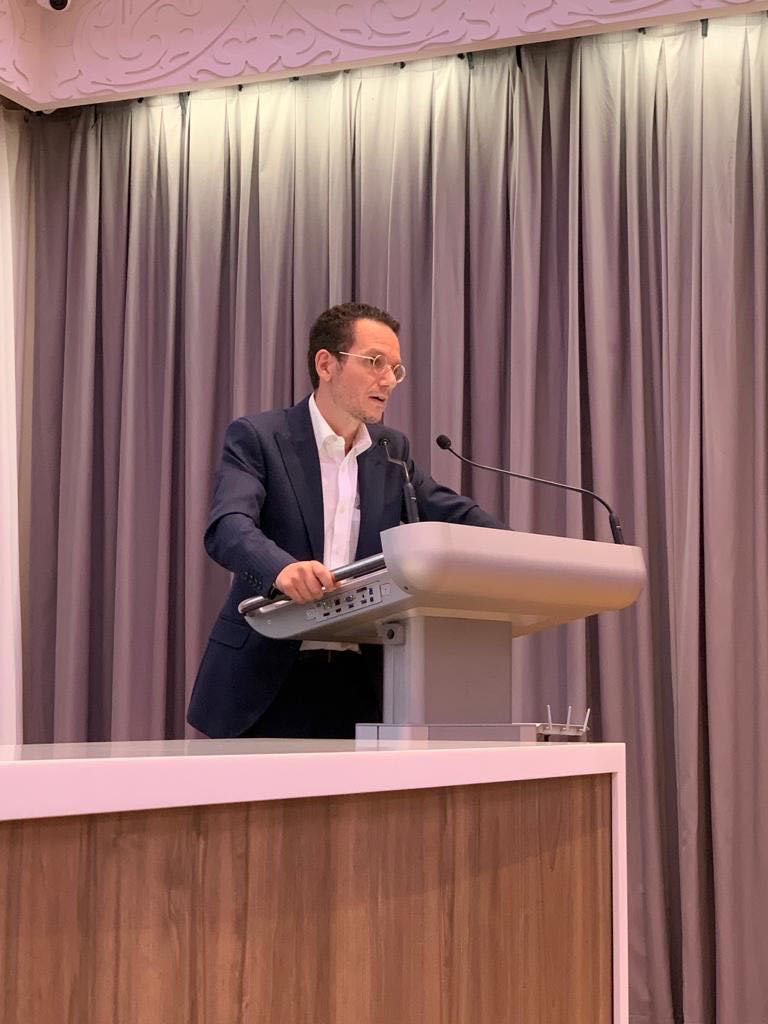
VARCITIES presentation at the seminar “Regenerative Buildings – The Future of Construction is Now”
October 28th, 2021
The project VARCITIES – Regenerative Buildings Seminar
Dr. Daniel Micallef presented the science behind the H2020 VARCITIES EU Project in the Regenerative Buildings – The Future of Construction is Now seminar, hosted by the Faculty for the Built Environment at the University of Malta, which was a conference about rethinking sustainability towards a regenerative economy.
VARCITIES is a Horizon2020 project whose primary aim is to implement real, visionary solutions to improve Health and Well-being of citizens in diverse geographical and social contexts. This will add value to the implementations by establishing sustainable models and provide a return on investment that goes beyond the economic value.
In Malta, the locality of Gzira is being considered as a case study wherein the issue of air quality is of primary importance. Another quality of life concern are the levels of noise in the area. A number of different sensor types will be used throughout the area in order to measure traffic flow, wind, air quality and noise. With such measurements, the problems that are already identified will be more concretely quantified. A number of stakeholder engagement workshops are being organized in order to ensure that citizens are fully aware of the extent of the issues. A citizen science campaign is also planned where citizens will be directly involved in air quality measurements in Rue D’Argens and the vicinity. This data will prove invaluable not only for the characterization of air quality of this heavily affected area in Gzira but will also help citizens appreciate the science behind improving health and well-being. The campaign is planned to involve around 70 citizens with sensors installed all around the area. The information gathered will be relayed to a local server which will enable this data to be available in real-time on an online platform that is being developed in VARCITIES. This real-time information will be part of a wider data-base of real time measurements gathered from seven other cities around Europe including Leuven (Belgium), Dundalk (Ireland), Castelfranco (Italy), Novo mesto (Slovenia), Skelleftea (Sweden), Bergen (Norway) and Chania (Greece).
As part of the VARCITIES project, each pilot is committed to use Nature Based Solutions (NBS) to alleviate the various challenges that each city faces. There are many limitations on what NBSs can be adopted in the locality particularly in view of the fact that the urban area is highly and property is for the most part privately owned. The project therefore aims at encouraging citizens to use green in their own homes, roofs and use visible green interventions on balconies. In addition, a communal garden is planned to be implemented in part of the Gzira Primary School premises as well as the refurbishment of the Council of Europe gardens. These solutions help to alleviate the stressors on the citizen’s health and well-being. The NBS implementations in VARCITIES will be monitored and evaluated in order to provide a replication tool-kit which can be adopted in cities of the future.

